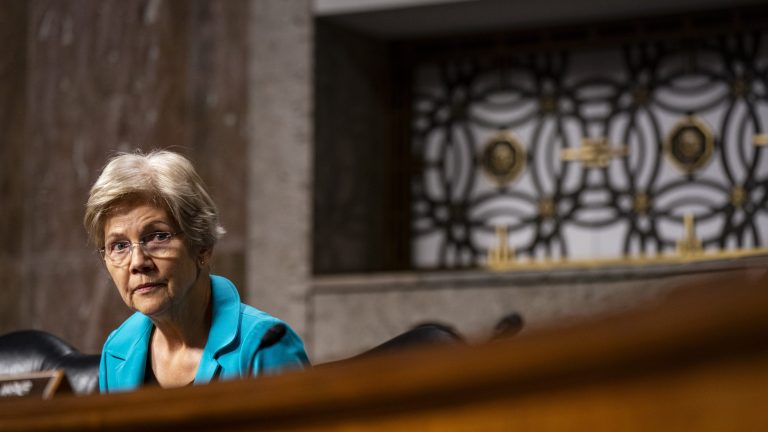The Supreme Court's 2017-2018 term begins today, and there are plenty of high-interest cases for Ars readers that are already on the docket or currently pending with the justices. The issues at hand range from surveillance, freedom of religion, and the definition of hacking to what constitutes an online threat and whether a federal law that bans sports wagering in most states—online and off—infringes on states rights.
One of the cases in particular is perhaps the biggest privacy case to have reached the court in the Digital Age. Carpenter vs. United States asks a far-reaching question: do the authorities need a probable-cause court warrant to access people's mobile phone location history? Warrantless mobile phone tracking has become a mainstay of the American surveillance state following the high court's 2012 ruling that warrants were needed for the authorities to place GPS trackers on vehicles.
And beyond the case content, the 2017-2018 term is also notable because the court is again back at full strength with nine justices. The Trump administration nominated judge Neil Gorsuch at the start of this year to fill the seat vacated after the death of Justice Antonin Scalia in February 2016. The Senate confirmed Gorsuch in April. While his prior decisions and opinions may provide a hint at where the new justice stands on issues before the court, such as privacy and online speech, this will be Gorsuch's first full term at the court.
So at the start of this new term, and new era for the court, these are the cases we'll be watching closest.
Third-party doctrine
Before you can understand the complexities of Carpenter, the case noted above, you need to understand the basics of how cell-site location tracking has worked in practice. To start, it takes advantage of a device—the mobile phone—that almost everybody keeps with them at all times. And because of a quirky interpretation of the law, US authorities have been obtaining data pinpointing the cell towers that a person's mobile phone pinged without a warrant. No Fourth Amendment, probable-cause standard that a person might have committed a crime has been necessary to access such information, and this data has consequently been used as evidence in court. In Carpenter, for instance, authorities got 127 days of cell-site information that included 12,898 location points.










 Loading comments...
Loading comments...
